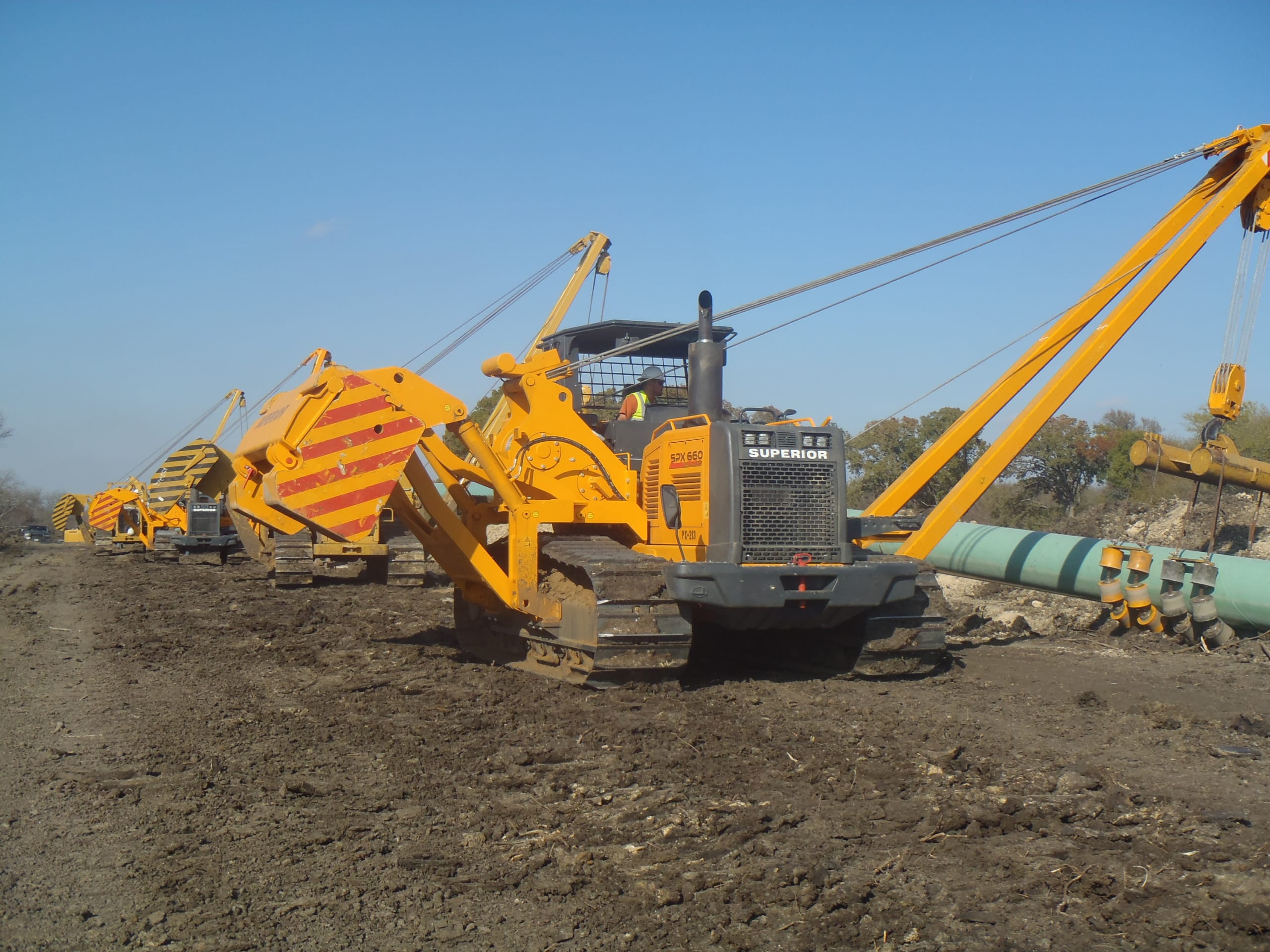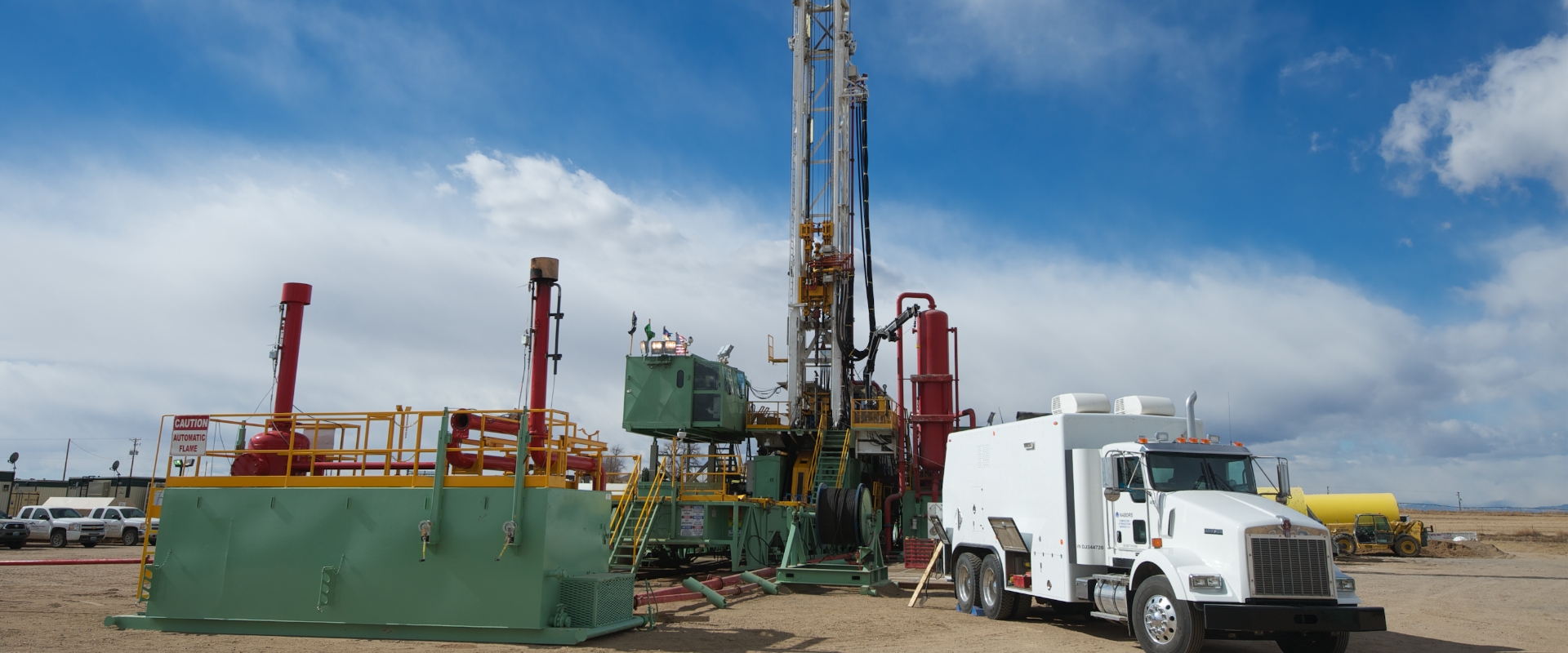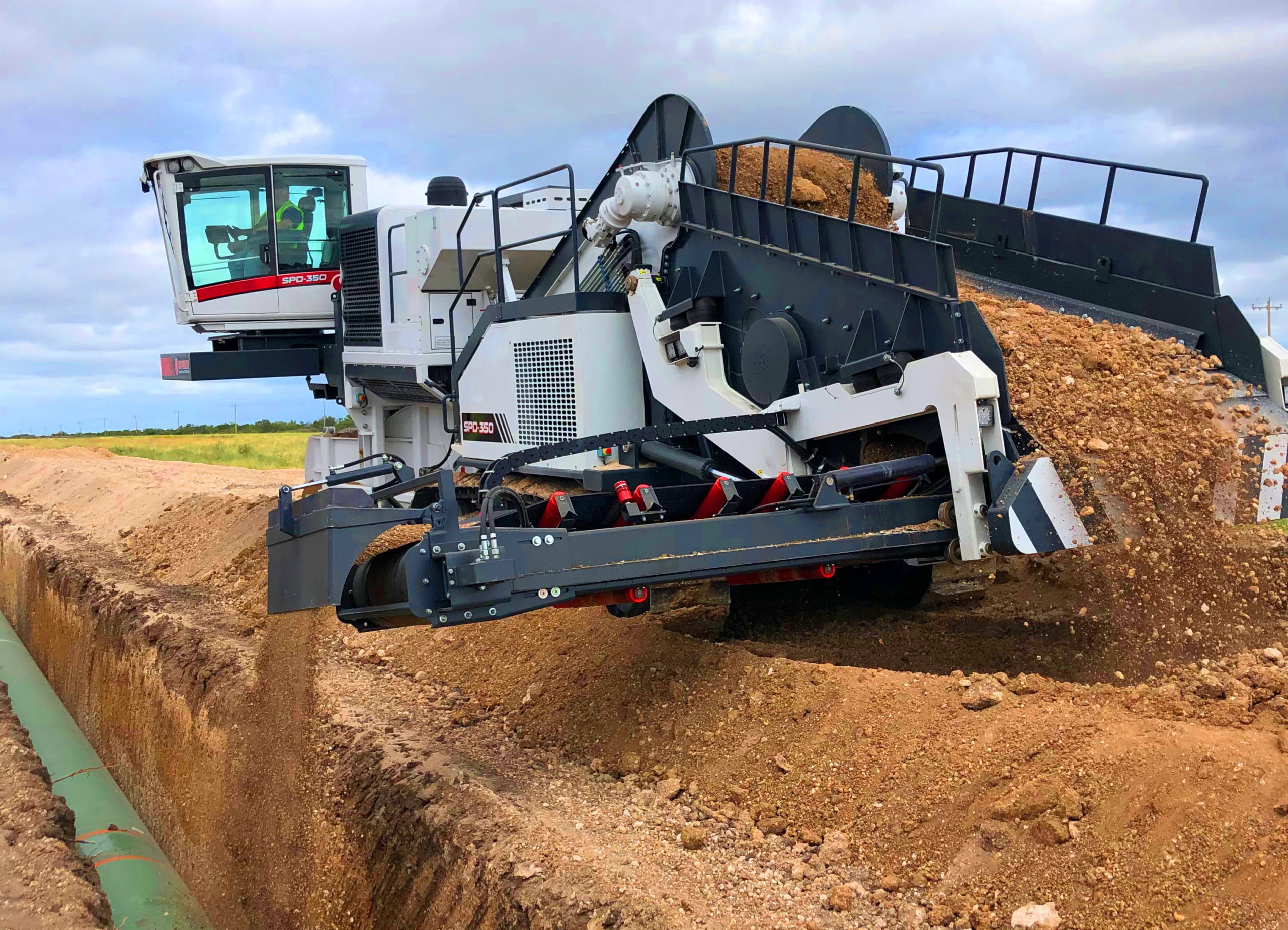A Comprehensive Overview to the Different Kinds Of Oil Field Equipment and Pipeline Equipment Available
The oil and gas industry counts greatly on specialized devices for efficient removal and transportation. Numerous kinds of equipment, from piercing rigs to storage space tanks, play crucial roles in this complicated process. Each tool offers distinctive features that add to overall operational success. Comprehending these components is crucial for any person involved in the sector. As the sector develops, so too do the innovations that sustain it. What innovations are on the perspective?

Drilling Rigs: The Foundation of Oil Expedition
Drilling rigs work as the important machinery in the domain of oil expedition, making it possible for business to accessibility hydrocarbon gets hidden deep under the Earth's surface area. These rigs can be found in different types, consisting of land rigs, offshore rigs, and mobile systems, each made to operate in details environments. Geared up with innovative modern technology, piercing rigs can permeate geological formations with precision, guaranteeing effective source extraction. The structural honesty and operational abilities of these rigs are critical, as they must endure extreme problems and significant pressures. Additionally, the option of a boring rig impacts the overall task price and timeline, making it a vital factor to consider for oil companies looking for to optimize their expedition initiatives and optimize performance in their operations.
Pumps: Vital for Liquid Motion
In the oil removal procedure, the role of pumps is significant, promoting the motion of fluids throughout different stages of manufacturing. Pumps are vital for transporting petroleum, water, and other fluids from below ground storage tanks to the surface area and after that through pipelines to refineries. They are available in numerous kinds, including centrifugal, positive displacement, and submersible pumps, each serving particular functions based on the fluid features and operational needs. Centrifugal pumps are typically made use of for their effectiveness in high-flow applications, while positive displacement pumps master taking care of viscous liquids. The selection of pump effects overall efficiency, functional safety, and maintenance prices. Appropriate choice and maintenance of pumps are important for maximizing production and lessening downtime in oil field procedures.
Shutoffs: Controlling Circulation and Pressure

Valves play an essential role in handling the flow and pressure of fluids within oil areas and pipelines. Numerous sorts of valves serve distinctive applications, each developed to satisfy particular functions fundamental for efficient operation - Superior Oilfield Rentals oilfield. Understanding the attributes and usages of these shutoffs is important for enhancing system efficiency and security
Kinds of Valves
Important components in oil area operations, shutoffs play a crucial role in managing the flow and stress of fluids within pipes and equipment. Different sorts of valves are made use of to meet the diverse demands of oil and gas production. Typical kinds include gate valves, which supply a straight-line circulation and marginal stress decline; world valves, known for their strangling capacities; and sphere valves, acknowledged for their quick on/off control. In addition, check shutoffs prevent heartburn, while butterfly valves use a light-weight service for regulating flow. Each valve type is created with specific products and configurations to stand up to the extreme conditions usually located in oil areas, making certain dependability and efficiency in operations. Understanding these kinds is essential for effective system monitoring.
Valve Applications and Features
While different kinds of valves serve distinctive objectives, their main applications revolve around managing circulation and stress within oil and gas systems. Shutoffs such as entrance, globe, and ball valves manage fluid movement, ensuring peak efficiency and security. Gateway shutoffs are typically made use of for on/off control, giving marginal circulation resistance. Globe valves, on the other hand, offer specific circulation law, making them appropriate for strangling applications. Round valves are preferred for their quick operation and limited securing capabilities. In enhancement, stress safety valve are important for stopping system overpressure, guarding devices stability. Overall, the ideal choice and application of valves enhance functional effectiveness, guaranteeing the trustworthy transport of oil and gas with pipelines and processing facilities.
Compressors: Enhancing Gas Transportation
Compressors play a critical role in the effective transportation of gas, making sure that it moves smoothly with pipes over cross countries. These gadgets increase the pressure of natural gas, permitting it to overcome friction and elevation modifications within the pipeline system. In addition, compressors promote the harmonizing of supply and need, suiting changes in usage and production prices. Various sorts of compressors are utilized in the industry, including centrifugal, reciprocating, and rotary screw compressors, each offering distinct advantages based upon the functional demands. Routine maintenance of these compressors is necessary to maximize effectiveness and lessen downtime, inevitably contributing to a trusted gas transport network. Their vital function highlights the significance of compressors in the overall oil and gas framework.
Storage Tanks: Safe and Effective Fluid Monitoring
Efficient transport of gas depends on numerous support group, one of which is the correct monitoring of storage space tanks. These storage tanks play a vital duty in safely containing fluids, ensuring that functional efficiency is preserved while reducing ecological threats. Created from resilient products, they are designed to endure high pressures and destructive components. Properly sized and purposefully located, storage space containers facilitate the smooth flow of all-natural gas and various other fluids, avoiding traffic jams in supply chains. Normal maintenance and surveillance are important to spot leaks or structural problems, promoting safety and compliance with governing criteria. Inevitably, the efficient monitoring of storage space containers is essential for the overall stability and reliability of the oil and gas industry's liquid handling systems.
Pipeline Equipments: Framework for Transport
Pipeline systems work as the backbone of the oil and gas sector, promoting the reliable transport of hydrocarbons over large distances. These systems contain different components, consisting of pipes, valves, pumps, and compressors, all diligently created to ensure seamless circulation. The materials made use of in pipeline building, frequently steel or high-density polyethylene, are picked for toughness and resistance visit to corrosion. Pipeline networks can span throughout land and water, attaching production websites to refineries and circulation. Additionally, advanced innovation enables real-time tracking of circulation prices and stress levels, enhancing operational performance. The strategic placement of these pipelines lessens ecological influence while making the most of source access, thus playing a necessary duty in conference energy needs globally.
Safety Equipment: Ensuring Employee and Environmental Protection
The procedure of pipeline systems, while essential for power transport, additionally provides considerable safety challenges for employees and the environment. Security equipment plays a considerable role in alleviating these threats. Personal protective tools (PPE) such as headgears, handwear covers, and non-slip footwear safeguards employees from physical risks. In addition, gas detection systems monitor for leaks, ensuring that unsafe materials do not posture a hazard to workers or the bordering community. Emergency situation shutdown systems are essential for swiftly stopping operations during a dilemma, protecting against potential catastrophes. Spill control materials, including absorbents and barriers, are fundamental for minimizing environmental influence. Overall, investing in all-inclusive safety and security tools is critical for maintaining functional honesty and protecting both workers and the environment in the oil and gas sector.

Often Asked Inquiries
How Do I Select the Right Oil Field Equipment for My Task?
Picking the right oil field devices entails evaluating task specifications, budget plan restrictions, and functional demands. Think about aspects such as tools integrity, compatibility with existing systems, and the distributor's reputation to guarantee peak efficiency and safety and security.
What Are the Upkeep Needs for Oil Field Equipment?
Upkeep demands for oil field tools consist of normal assessments, lubrication, and timely repair work. Operators ought to additionally stick to producer guidelines, display efficiency metrics, and guarantee conformity with security regulations to boost durability and efficiency.

Exactly How Can I Ensure Compliance With Environmental Rules?
To guarantee conformity with ecological regulations, companies should conduct routine audits, implement finest techniques, buy training, preserve appropriate paperwork, and remain updated on regulations (Superior Oilfield Rentals oilfield). Partnership with ecological firms can also improve adherence to laws
What Is the Average Life Expectancy of Pipeline Equipment?
The average life-span of pipeline equipment normally varies from 20 to 50 years, relying on find more information variables such as material top quality, ecological problems, and upkeep techniques. Routine assessments can substantially affect longevity and operational efficiency.
Exactly how Do I Securely Transfer Oil Field Equipment to Remote Locations?
Carrying oil area devices to remote places calls for cautious preparation, consisting of path analysis, safeguarding licenses, utilizing appropriate cars, and making sure security methods are followed. Correct training and interaction among teams are crucial my website for successful transportation.